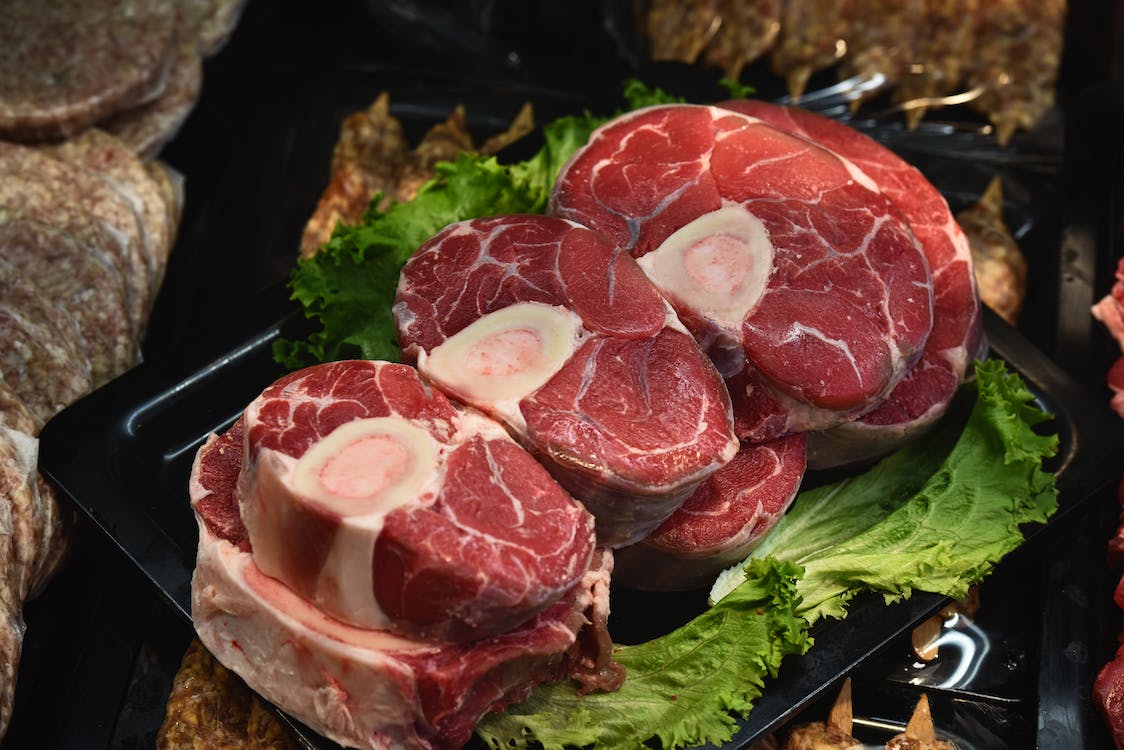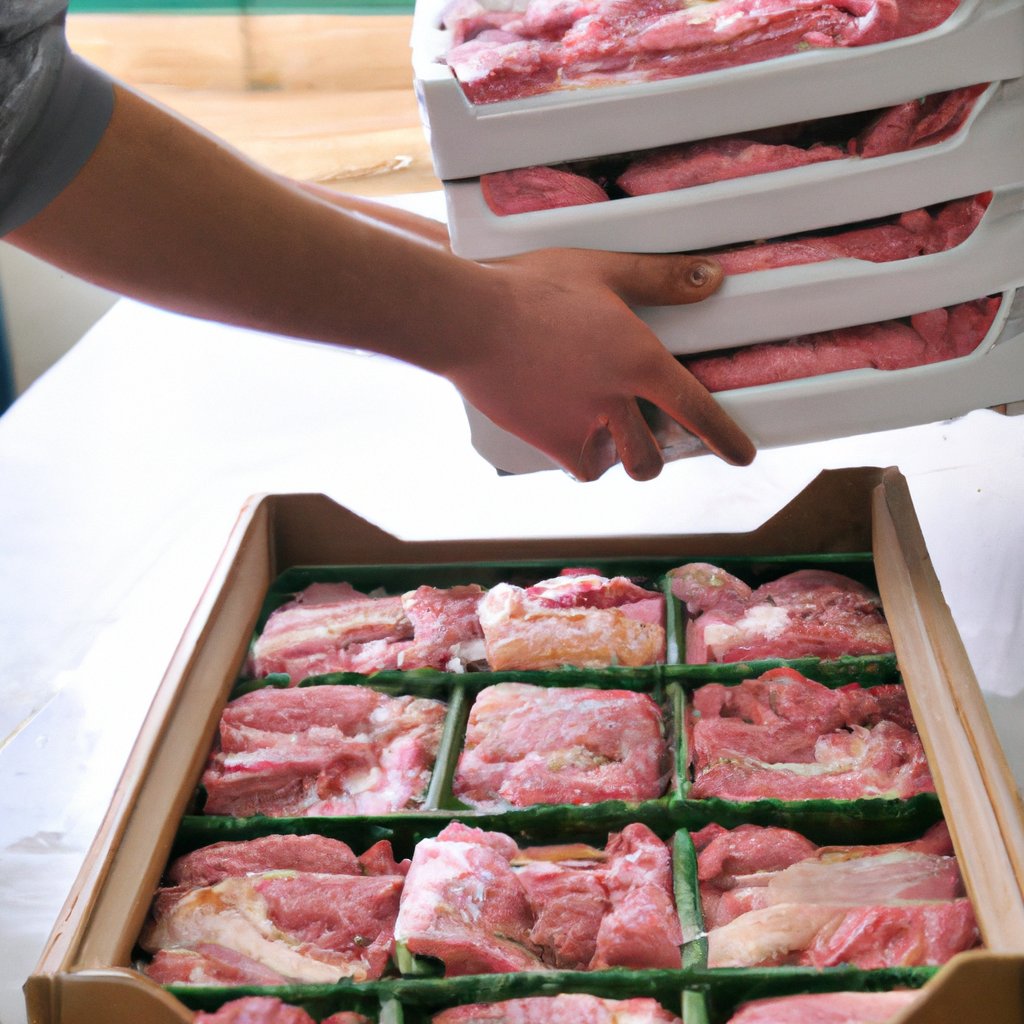Address: Front office : Twin Centre Tower A 6th floor Corner boulevard zerktouni and boulevard El Massira Casablanca Back office : espace ghazwani, Boulevard Ifni, Casablanca
Opening hours :Mon - Fri: 9am-12.30pm and 2pm-6pm Sat: 9am-12pm


08.03.2023 | Bh Adviser | Morocco
Rate this article
6/ (78 votes )
Starting a business in the meat import sector in Morocco can be a great opportunity for entrepreneurs. Morocco is an important market for meat, and there is a growing demand for imported meats. With the right resources and expertise, entrepreneurs can make use of this opportunity to start their own businesses in this sector.
In order to successfully start a business in the meat import sector in Morocco, entrepreneurs must take into consideration the regulations and laws that govern this industry.
They must also understand the market dynamics, including supply and demand trends, pricing policies, and other factors that will affect their success. Additionally, they need to secure financing to cover their initial investments as well as develop reliable contacts with suppliers who can provide them with quality products at competitive prices.

Read more : 7 Best Places to Start Your Business in Morocco
Breeds: The calves to be imported must belong to pure meat and/or mixed breeds
and/or mixed pure and/or crossbred breeds, belonging to the following
breeds whose coats are of the following colors:
-Blanche: Charolais, Piedmontese, Brahman;
-Brown: Maine-Anjou, Salers_,_Rubia Calleca;
-Brown: Bran gus, Brahman, Welsh Black, Aubrac^Asturiana, Retinta,
Pirenaica, Tarantaise ;
-Fromen: Santa Gertrudis, Blonde d’Aquitaine, Limousine, Gelbviçh
-Spotted: Hereford Bradford, Blanc Bleu Belge, Montbéliarde, Fleckvieh, Normande, Simmental; Page 3 ieh.
-Black: Angus, Shorthorn,_Avilena.
-Grise: Gasconne, Grise de Hongrie, Machigiana,_Brune
Other breeds with the above coat colours may be eligible for import following theeligible for import at the request of the importers.
Accompanying zootechnical documents : The zootechnical documents that must accompany the imported calves are designated as follows – Official identification document for calves of the domestic species issued by the authorised bodies of the country of origin; – Packing list of calves issued by an authorised body of the Member State of origin, indicating in particular, for each animal, the official identification number, the live weight on loading in the country of origin and the sex.
Calves imported into Morocco from European Union countries open to imports must be
the import must be accompanied by :
-a health certificate signed and sealed by an official veterinarian, and the current model of which has been duly validated beforehand by the veterinary services of the ONSSA and their counterparts in the exporting country.
-laboratory analysis reports, countersigned by an official veterinarian of the veterinary authority of the exporting country.
– the certificate of good health on loading of the animals, dated less than of less than 48 hours before their loading to Morocco.
– An additional certificate relating to the Schmallenberg virus disease, if applicable.
-The model of health certificate in force concerning this operation as well as the countries open to the importation of this category of animals into Morocco can be found on the website: www.onssa.gov.ma,Furthermore, it should be noted that, on arrival in Morocco, these calves
undergo quarantine in accordance with the modalities specified in the codes
of procedures published on the website ” www.onssa.gov.ma “.
In this respect, interested operators must have their file approved beforehand by
the ONSSA, and their quarantine file before any import operation is carried out.
import operation.
The beneficiaries of calves imported at no customs duty rate are exclusively breeders and fatteners (legal or natural persons) with a certificate of exercise of the activity of fattening issued for this purpose by the by the Regional Directorate of Agriculture of the zone to which they belong or by a recognized professional red meat organization to which the importer to which the importer belongs.
Importers of fattening calves may be beneficiaries beneficiaries operating on their own account or specialised companies operating on behalf of account of third parties under the conditions defined in paragraph IV below.
Halal slaughter: Morocco requires that shipments from the US of high-quality domestic beef corresponding to USDA “Choice” or “Prime” grades and domestic
USDA “Choice” or “Prime” grades and domestic beef and beef products from the United States, and products made from these meats be accompanied by a Halal slaughter certificate.
of Halal slaughter. This certificate must certify that the animals have been slaughtered in accordance with Islamic Halal religious requirements.
Import health certificate: High-quality domestic beef and veal corresponding to the “Choice” or “Prime” grades of the US Department of Agriculture USDA) and standard domestic beef and beef products,
imported from the USA must be accompanied on arrival in Morocco by the health certificate issued by the relevant US health authorities by the validated model validated by a common agreement between the ONSSA and the authorities.
Admission to the MaroC: Domestic bovine meat and meat products, subject to this notice, are admitted to the MaroC.
products made from these meats, subject to this notice, admitted for importation, must be stored in warehouses ONSSA by the regulations in force in Morocco.
Labelling: Domestic bovine meat and meat products covered by this notice must be imported in accordance with the regulations in force in Morocco.
imported must be labelled in accordance with Moroccan regulations in force.
Packaging:
Bulk packaging: the packaging shall have a halal logo on the outside of the carton or on the box.
Retail Packaging Each unit must be separately packaged and labelled with the halal logo on a label that is placed by the production facility of origin.
A health certificate must accompany high quality domestic beef.
CHOICE” OR “PRIME” and standard domestic beef and their products.
This certificate is issued by the competent US authorities (FSIS of USDA).
Special Conditions Applicable To The Limportation Of
Domestic High Quality Beef Corresponding To The
Choice” Or “Prime” Grades Of The United States Department Of Agriculture (Usda).
Take the first step today and get your free consultation now! Unlock the potential for success for your new business in Morocco.
Request a free quote now !



